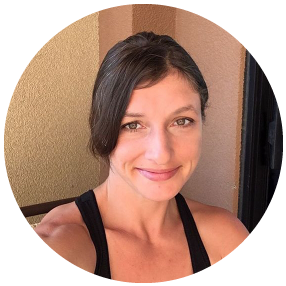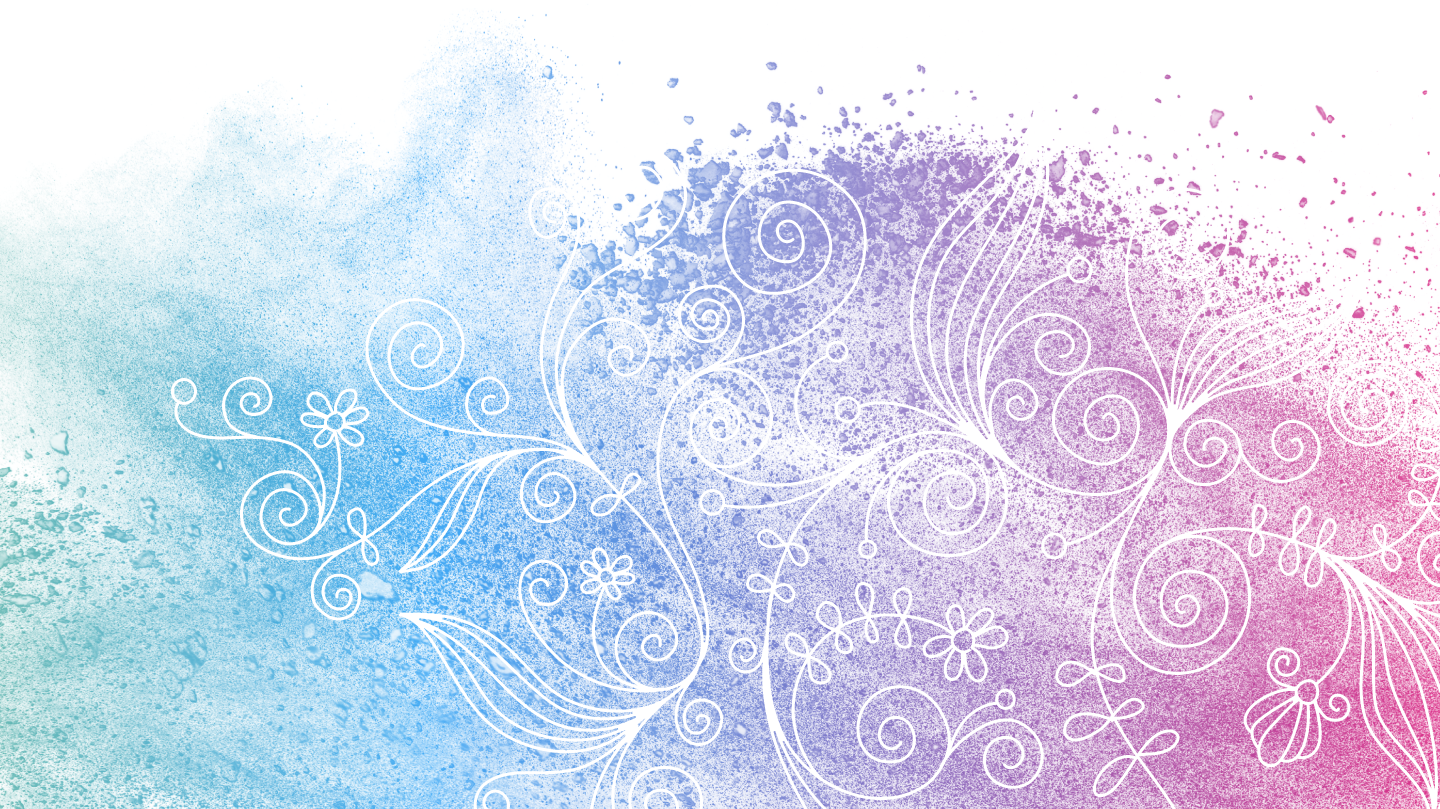
There is just a whole bunch of things about Amazon I’ve seen in the news lately. Not that I spend a good deal of time looking up Amazon news, it’s just showed up in my feeds and throughout Facebook. The recent flap with publisher Hachette and the eBook pricing with Amazon may represent a watershed moment for content creators which is why it has piqued my interest.
It also makes me wonder: What would indie publishers do without Amazon’s zeal to innovate and change markets?
I don’t know about you, but I’m a Amazon fan. I mean crazy fan and have been since we first got Amazon Prime. My husband subscribed to Prime and immediately we saw a pattern to the way we shopped, all online purchases begin at Amazon. Sure you might find a slightly lower price from a non-Prime Marketplace vendor, but the two day shipping and then the addition of streaming movies made it a no brainer for us.
Simply put – Amazon owns my content. They have changed my behavior in almost all online transactions, that is what Jeff Bezos and the team at Amazon does – they change markets by placing the consumer in more of a control point than ever before and allowing indie anything/small guy manufacturer/publisher to participate with more or less equal access.
Reading in Amazon World
Just as Amazon has changed my online shopping and video consumption, my reading habits also changed thanks to Kindle. Three years ago I downloaded the Kindle App on my iPad, I slowly started reading again. I didn’t fully appreciate the different nature of the eBook marketplace until I finished the Hunger Games at midnight and was able to immediately download Catching Fire and kept reading . I became an instant binge reader. I am always reading something. I have fifty-six different collections in my Kindle organized by author, most of those have at least eight books and at least half of those authors are indie publishers. I have an addiction to reading and Amazon is my dealer. The introduction of the eBook era has plenty of upside, not just readers who have access to millions of books at their fingertips, but writers and publishers alike.
Publishing in eBook World
eBooks have become a preferred format for many readers and creating content is easy as can be. There is clearly both high quality and low quality participants in indie publishing community, but reviews for the most part weed the sucky stuff out.
Enter Amazon with Kindle Direct Publishing (KDP) a single resource for formatting, managing, and making all the geeky stuff and operational stuff just a few clicks away. KDP has opened a new channel for indie publishers and those that want to read affordable titles in the genre of their liking. Before eBooks and the indie publishing “boom”, I sometimes would have to wait weeks or maybe even months for good content to bestowed unto the reading community via the largesse of BIG PUBLISHER person. That’s not to say waiting in line at midnight to get Harry Potter wasn’t fun, but with eBooks, you can have it now! Instant gratification is important for many buyers and the volumes at which I read, I can’t imagine my Amex bill if I had to pay $12.99 for every book, which is what BIG PUBLISHERS like Hachette are charging. In fact, all that Amazon is asking is let’s make it $9.99, and that’s still steep.
The new pricing paradigm and the ease of publishing has both positives and negatives, but on balance I would say has positively impacted the marketplace of thoughts and stories. Then the negotiations began with Hachette, which can only be described as getting ugly, as you can tell in this synopsis from Ars Technica:
The dispute surfaced publicly in late spring, when it became clear Amazon was suppressing Hachette book sales and shipments in response to Hachette’s refusal to agree to lower e-book prices. Since then, Amazon has tried twice to justify its actions, and Hachette has responded by saying it doesn’t intend to give in, and Amazon’s market influence should not be underestimated. At the end of last week, 900 authors got involved and created a $104,000 full-page ad in The New York Times condemning Amazon for putting writers in the middle of the contract dispute, handing out Amazon CEO Jeff Bezos’ e-mail address to encourage readers to give him what for.
I mean, that’s an escalation – $100K to tell Bezos to go f&^k himself. I don’t however think it’s Bezos, but the natural changes of the marketplace and math. Books at lower price points sell more individual copies and the volumes of lower price points can in some/many instances drive more profit. Who’s right? I don’t know, but anecdotal evidence makes me think that their pricing algorithm works. I’ll get to that later.
Publishing is not an easy feat!
I have published two books of the Daearen Realms series, Meanmna and Bienn-Theine, and apparently that makes me part of the problem to many “established” publishers and authors. James Patterson wrote a piece decrying the demise of publishers and the potential loss of access to the work of writers.
“James Patterson: If I were Amazon’s Jeff Bezos” favorite quotes…
Here is where I will make clear that Amazon has already been responsible — directly responsible — for getting millions of books into the hands and minds of millions and millions of people, and that this is nothing short of holy work.
You think I want to be known as the man responsible for the biggest quality drought in the history of novel writing?
…But I, Jeff Bezos, also clearly see that we are going to have fewer great books and writers discovered in the coming years if there are fewer curators with the financial wherewithal to nurture them. And, no way around it, fewer publishing houses equals fewer curators.
As you can read, he started out making a really nice point, but unfortunately quickly became an asshat. Curators is an interesting phrase, but I see the theoretical point, however I suspect there are more authors publishing today than ever before. I have no proof, only the belief that without my iPad, the Kindle app, and Kindle Direct Publishing, I would have never published anything. Thanks Jeff Bezos. Perhaps I contribute to the “biggest quality drought in the history of novel writing,” but I’m writing and that makes me feel just fine. I also hired development and copy editors, contributing to their financial wherewithal to curate and nurture and to insure that I put out the best product possible. There is also an entire community of indie authors dedicated to helping each other. Most of us don’t think it’s me versus them, we’re in this together, we’re an us. Andrew Franklin, founder and managing director of Profile Books doesn’t see it that way.
At a recent publishing conference in London, Andrew Franklin blasted authors who self-publish. “I was very shocked to learn you can buy Facebook friends and likes on social media. That is what passes for affirmation in what I think is the deeply corrupt world of self-publishing.”
So let me get this straight Mr. Franklin, are big publishing companies who take out ads in newspapers, magazines, and (gasp) uses online social media sites (here’s a link to yours Mr. Franklin)to promote their authors or new releases deeply corrupt? Or is that distinction only saved for us lowly self-published authors utilizing the tools and platforms available to us? The market has changed – there is more access, more competition, and more author opportunities today. You either get on the bus or you don’t.
The Marketplace has Math
On the most recent launch of my book, Amazon had an idea for me – a recommended price point. It recommended $2.99, I’ve monitored the books I buy, the Hachette discussion, and I thought I would take a chance on their recommendation. All indications are that my anecdotal prove it to be true. $2.99 sells more books, at least for me. Thanks Amazon for the pricing widget. So maybe, just maybe, the math works out for the Amazon recommended $9.99 for Hachette. They do have all the data.
The other item appears to be working for Amazon and me is Kindle Unlimited. Kindle Unlimited launched around the same as Bienn-Theine and my blue line which represents both Kindle Lending and Kindle Unlimited has gone up. I’ve had more books lent in the last three weeks than the entire six months before all together.
I think this passage from an email Amazon sent me sets the stage appropriately and is fair analogy – new content medium and new distribution channels which different expectations and requirements:
Just ahead of World War II, there was a radical invention that shook the foundations of book publishing. It was the paperback book. This was a time when movie tickets cost 10 or 20 cents, and books cost $2.50. The new paperback cost 25 cents – it was ten times cheaper. Readers loved the paperback and millions of copies were sold in just the first year.
With it being so inexpensive and with so many more people able to afford to buy and read books, you would think the literary establishment of the day would have celebrated the invention of the paperback, yes? Nope. Instead, they dug in and circled the wagons. They believed low cost paperbacks would destroy literary culture and harm the industry (not to mention their own bank accounts). Many bookstores refused to stock them, and the early paperback publishers had to use unconventional methods of distribution – places like newsstands and drugstores.
I suspect rants like this from Andrew Franklin : mirror the types of things said around paperbacks:
“The overwhelming majority of self-published books are terrible—unutterable rubbish, they don’t enhance anything in the world.” He ranted on by saying, “These books come out and are met with a deathly silence, so the principle experience of self-publishing is one of disappointment.”
Well my principle experience with self-publishing is one of excitement and success. Because of the promotions available to me through Amazon, there are over two thousand people reading my stories, not only is that successful, that’s freaking awesome!
Okay, I’m done. Have a freaking awesome day everybody. (mic drop)



